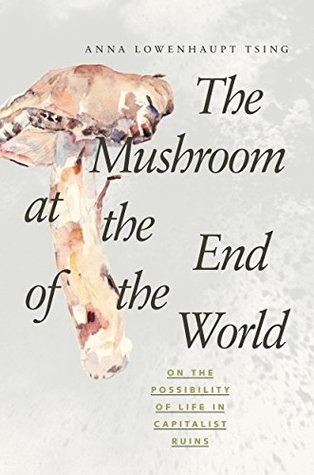Global supply chains ended expectations of progress because they allowed lead corporations to let go of their commitment to controlling labor. Standardizing labor required education and regularized jobs, thus connecting profits and progress. In supply chains, in contrast, goods gathered from many arrangements can lead to profits for the lead firm; commitments to jobs, education, and well-being are no longer even rhetorically necessary.
Welcome back. Just a moment while we sign you in to your Goodreads account.


